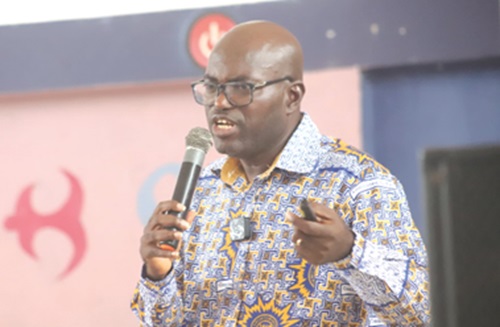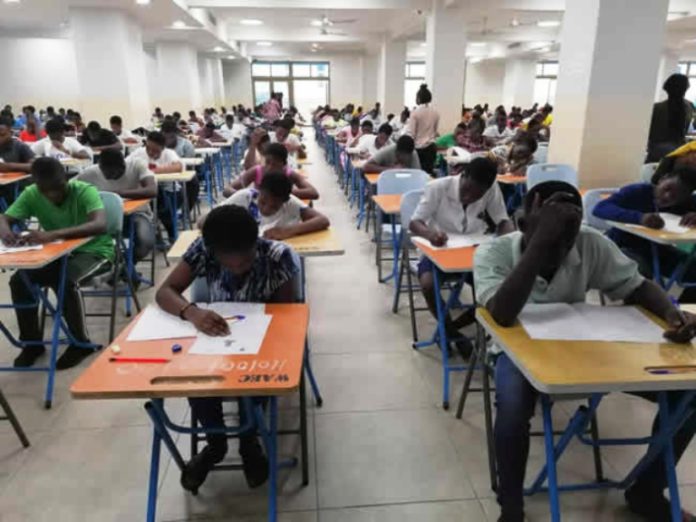A total of 146,309 candidates who participated in the West African Senior School Certificate Examinations (WASSCE) over the past four years were involved in examination malpractice.
Out of a total of 441,751 candidates who sat for the examination in 2021, 10,386 were involved in malpractice. In 2022, out of a total of 419,151 candidates who wrote the examinations, 29,291 were caught for malpractice.
Similarly, in 2023, out of a total of 445,160 candidates, 44,586 were involved in malpractice, while in 2024, out of a total of 457,554 candidates who took part in the final examinations, a whopping 62,046 candidates were involved in malpractice, representing 13.6 per cent of the candidates.
2024 regional breakdown
Out of the 62,046 malpractices recorded in 2024, Bono, Bono East, and Ahafo had the highest with 25,765, followed by the Ashanti Region with 24,580, while the Central Region recorded 5,713. Eastern had 2,246, with the Greater Accra Region recording 2,047.

Some selected senior high school students
Northern, Savanna and North-East regions recorded a total of 680, while Volta and Oti also recorded 614, with Western and Western North having 336. Upper East and Upper West had 34 and 31, respectively.
The number of candidates involved in malpractice in the Bono, Bono East and Ahafo regions as a percentage of the total number of candidates who sat for the examination in each region shows an increasing trend over the four years, while the remaining regions show a fluctuating trend.
Seminar
The acting Head, Accra Section of the Research Department of the West African Examinations Council (WAEC), Kwaku Dankwa, disclosed this during a seminar in Kumasi in the Ashanti Region last Tuesday, July 29, 2025.
It was to disseminate a study conducted by WAEC on the topic “Combating examination malpractice: An evaluation of WAEC’s interventions.”

The event, organised by WAEC and held at the auditorium of the Kumasi Anglican Senior High School, brought together final year students of 10 SHSs, heads of SHSs, examiners, and officials of the Ghana Education Service (GES).
The ceremony provided the opportunity for the outcome of the study to be shared among the participants in a bid to help deal with examination malpractice, which continues to cast a slur on Ghana’s education system.
He said data for the past four years depicted an increasing trend in examination malpractice, adding, “If many candidates are involved in malpractice annually, it does not speak well of the examination.”
“People are having certificates that they cannot defend due to malpractice. It does not reflect their strength because they were allowed to cheat in the examinations, which will not help WAEC as well,” he pointed out.
Bring down education
Mr. Dankwa stated that the current situation was a national problem, which had the tendency to bring down the country’s education system and indicated the need for all relevant stakeholders to come together to deal with it.
Attack on officials
He expressed worry about instances where examination officers, invigilators and other officials were physically attacked at centres by students after being prevented from cheating in the examinations.
“Sadly, students are becoming angrier and hardened who think that copying or cheating in examinations is their right.
So anybody who wants to be an impediment to them by preventing them from cheating is attacked,” he said.
The Ashanti Regional Director, GES, Dr William Kwame Amankrah Appiah, who also chaired the ceremony, underscored the need to safeguard the integrity of the examinations by ensuring that students do not engage in any form of malpractice.
Graphic
ALSO READ:



